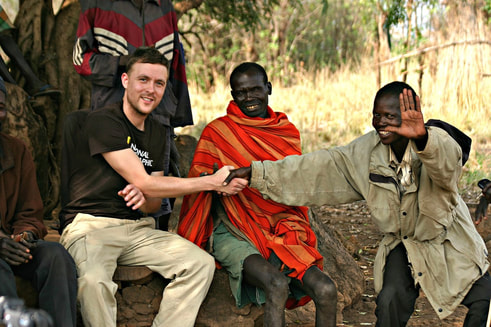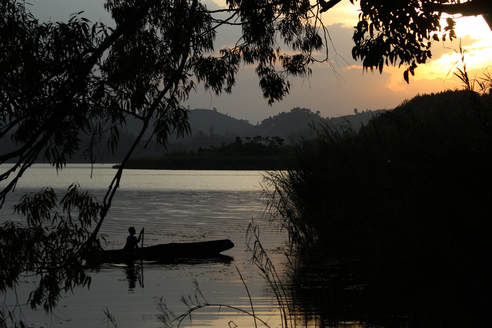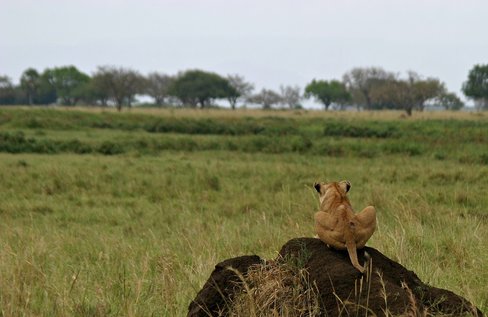Conservation Message
|
Who can best secure the planet's remaining wilderness and wildlife? Much of that question can only be answered by those who share their lands with predators and other wild creatures. While national or regional autonomy shouldn't exclude outside assistance, and while the people living with wildlife shouldn't be overly romanticized, those most severely impacted by rural poverty and human-wildlife conflict deserve a greater voice. Put simply, but far from easy to implement, wildlife conservation is as much about working with (and for) people as it is about safeguarding natural resources and promoting biodiversity. As it is in wildlife-rich places like remaining protected corners of Africa, so too should it be in other parts of the world, particularly those crucial areas home to what science author David Quammen refers to as alpha predators. As he writes in his book Monster of God, "the hardships of living with alpha predators are borne largely by the world’s poorest and most disenfranchised people." Therein lies what is arguably the greatest gap between those rightfully advocating on behalf of these beasts of myth and legend and those living with the very real threat of what they are capable of. To bridge that gap will involve much more than clinging to idealistic notions of people or nature, despite sometimes overwhelming temptations to do so. What it will take is scientific, social, and economic research, listening intently to, and learning from, those living with wildlife, and a willingness to see the world through the eyes of both the creatures whose numbers are dwindling and those with the greatest potential to save them. For the conservation of nature to work in areas like Africa, indeed anywhere on Earth where these amazing animals still thrive, it is imperative to pay heed to the voices of local people―wildlife's greatest hope for survival. |


